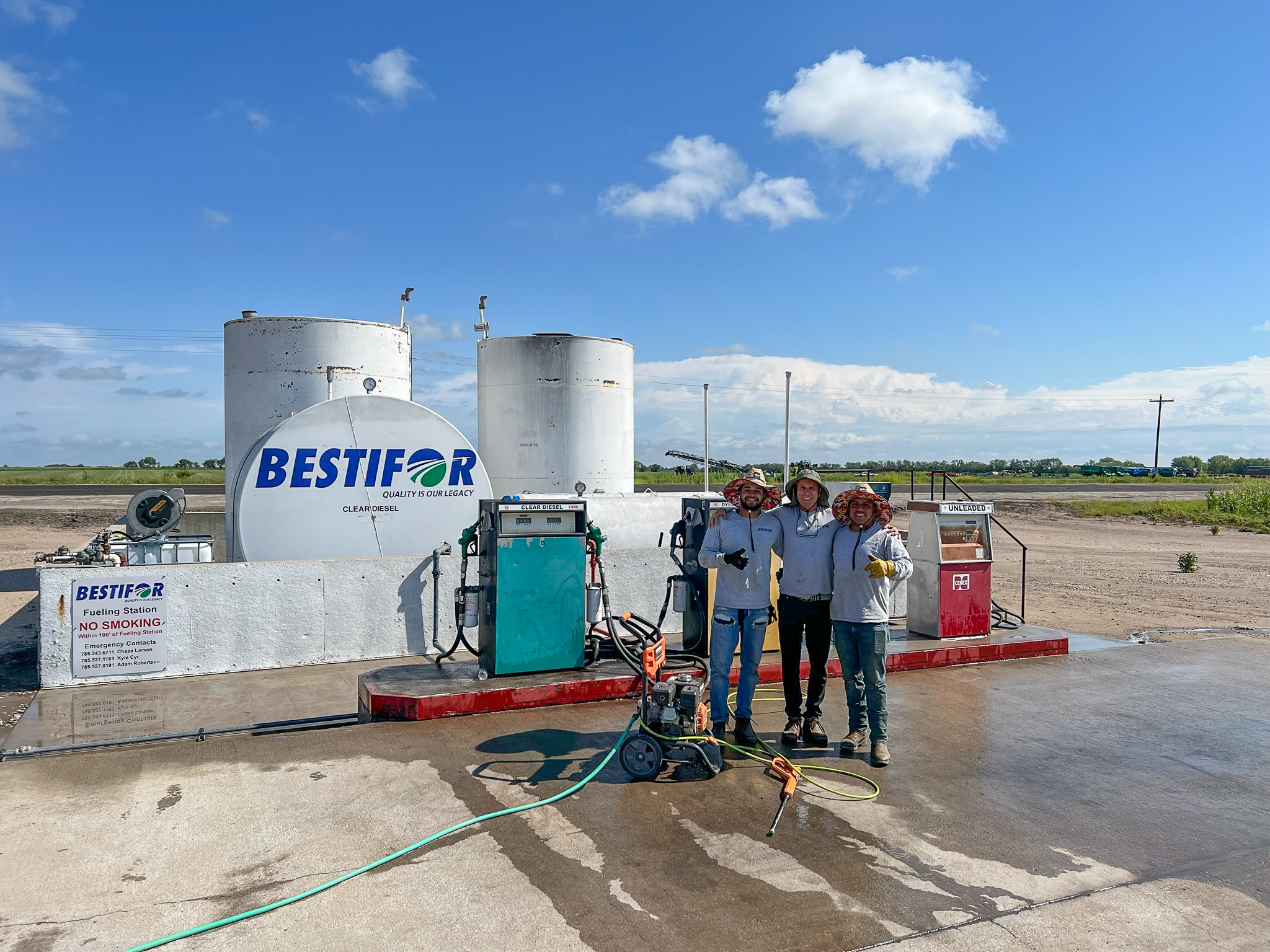“It is not the strongest of the species that survives, nor the most intelligent; it is the one most adaptable to change.”
-Charles Darwin
“I used to resent obstacles along the path, thinking, ‘If only that hadn’t happened life would be so good.’ Then I suddenly realized, life is the obstacles. There is no underlying path.”
-Janna Levin
“The business changes. The technology changes. The team changes. The team members change. The problem isn’t change, per se, because change is going to happen; the problem, rather, is the inability to cope with change when it comes.”
-Kent Beck
“Human beings are works in progress that mistakenly think they’re finished,” Dan Gilbert famously observed in a 2014 TED Talk. It’s in that space, between work in progress and finished, that workers find themselves today. We are incredibly well prepared for the past, and woefully unready for a future of work that has yet to be defined. This in-between space can be – and is – unnerving when the future is so difficult to see. Most of us can remember who we were 10 years ago, but we find it hard to imagine who we’re going to be, and then when we mistakenly think that because it’s hard to imagine, it’s not likely to happen. When people say, ‘I can’t imagine that,’ they’re usually talking about their own lack of imagination, and not about the unlikelihood of the event that they’re describing. But change is happening and happening at a rate that is only getting faster. The good news is that we can change as well. And while that might seem like a scary proposition, it’s important to realize that we are already very, very good at changing. Again, from Gilbert’s TED Talk: “The person you are right now is as transient, as fleeting, and as temporary as all the people you’ve ever been.” Read that again: As all the people you’ve ever been… very interesting.
So What’s Changing?
In a word, everything. Tom Friedman made the case that we are moving from flat to fast to smart to deep because of the exponentially expanding capabilities of technology. To his list, we add two more, seemingly at odds, elements of change: invisibility and visibility. On one hand, we can see things now that were hidden before. The data that flows like water brings insight into just about everything. On the other hand, we no longer see the working of everyday things that have been made invisible through automation. Our thermostats jump to our preferred temperature when we walk into our homes. Already our phones and computers download and update software without our intervention. Driverless cars, one day soon, will automatically arrive to whisk us away to our scheduled appointments, and groceries will be delivered to our doors from orders placed by a smart refrigerator that senses we are out of milk or need eggs. Think in terms of how far agriculture has come over the last [short] decade – incredible amount of change driven by technology. You see it and you experience it every day – it is here, now, and it’s not done. Can you imagine (or not) what we will be exposed to over the next 10 years? This is unbelievably interesting – sometimes a bit intimidating, but nonetheless interesting!
With all this visible and invisible technology coming at a rate that is fast and only getting faster, what is a person to do? Who are we in the context of a rapidly transforming digital revolution? In truth, we are all works in progress, and we need to imagine, or rather reimagine, ourselves both personally and professionally. To do that, we’re going to have to confront who we think we are, so that we can reimagine, and reimagine again, and again, who we are in the context of an ever-changing future.
“Every new beginning comes from some other beginnings’ end.”
-Seneca
“Enjoying success requires the ability to adapt. Only by being open to change will you have a true opportunity to get the most from your talent.”
-Nolan Ryan
“The more you adapt, the more interesting you are.”
-Martha Stewart
“To survive and even thrive in a changing world, nature offers another great lesson: The survivors are those who at the least adapt to change, or even better learn to benefit from change and grow intellectually and personally. That means careful listening and constant learning.”
-Frances Arnold
“Great companies foster a productive tension between continuity and change.”
-Jim Collins
“You can’t build an adaptable organization without adaptable people – and individuals change only when they have to, or when they want to.”
-Gary Hamel
“In life, change is inevitable. In business, change is vital.”
-Warren G. Bennis

